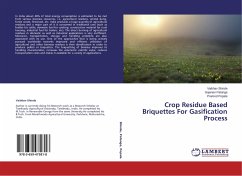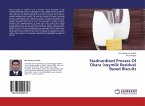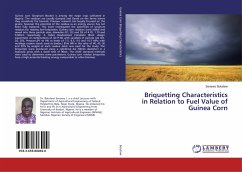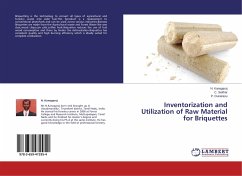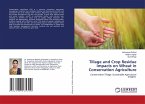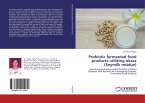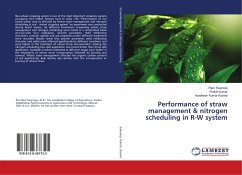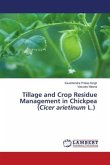In India about 46% of total energy consumption is estimated to be met from various biomass resources, i.e. agricultural residues, animal dung, forest waste, firewood, etc. India produces a huge quantity of agricultural residues and a major part of it is consumed in traditional uses (such as fodder for cattle, domestic fuel for cooking, construction material for rural housing, industrial fuel for boilers, etc). The direct burning of agricultural residues in domestic as well as industrial applications is very inefficient. Moreover, transportation, storage and handling problems are also associated with its use. One of the approaches that is being actively pursued worldwide towards improved and efficient utilisation of agricultural and other biomass residues is their densification in order to produce pellets or briquettes. The briquetting of biomass improves its handling characteristics, increases the volumetric calorific value, reduces transportation costs and makes it available fora variety of applications.
Bitte wählen Sie Ihr Anliegen aus.
Rechnungen
Retourenschein anfordern
Bestellstatus
Storno

